16 Mar 2022
New Google crypto policy to allow 'cryptocurrency coin trust' ads
Google is expected to update its crypto advertising policy on Monday, with market observers speculating it could rope in Bitcoin exchange-traded funds. Initially posted in December 2023, the policy revision will allow for crypto ads, specifically products dubbed “Cryptocurrency Coin Trusts” that let investors trade shares in trusts holding large pools of crypto. The update’s language has fuelled speculation on social media that the newly launched Bitcoin ETFs would be included in the revision. Firms issue ETFs representing a basket of financial assets, like stocks or bonds. Those financial assets are held by custodians. Google did not immediately respond to DL News’ request for comment. A lot has changed since Google last updated its crypto policy in 2018. Earlier this month, the US securities regulator greenlit 11 issuers to begin listing US spot Bitcoin ETFs. If approved, Google could begin offering ETF issuers, including heavyweights BlackRock and Fidelity, a broader platform to advertise to new investors. Ad machine The internet giant has already enjoyed a hefty rise in ad-generated revenues. According to Google’s latest earnings report, the tech giant generated roughly $76.6 billion in revenue in Q3, an 11% increase from the previous year’s $69 billion. Total advertising revenue for Google, combining Search, YouTube and Network revenues, increased from $54.4 billion to $59.6 billion over the same period. Google’s latest financial data is expected on Tuesday. The California-based search giant’s relationship with crypto advertising over the years has been mixed. In June 2018, Google banned crypto-related advertisements, including those for initial coin offerings, crypto exchanges, wallets, and any crypto trading advice. The move was intended to shield investors from what Google viewed as predatory advertising to a susceptible class of retail investors at the time. Advertisements for crypto exchanges and wallet services targeting the US market were again permitted in August 2021, provided they met certain conditions. Those included registration with the Financial Crimes Enforcement Network as a money services business and either state-level registration as a money transmitter or landing chartered-bank status.


